- Home
- slideshows
- miscellaneous
- AI could soon be all around us - here's how that could upend 8 different industries
AI could soon be all around us - here's how that could upend 8 different industries
Manufacturing.

Health care.
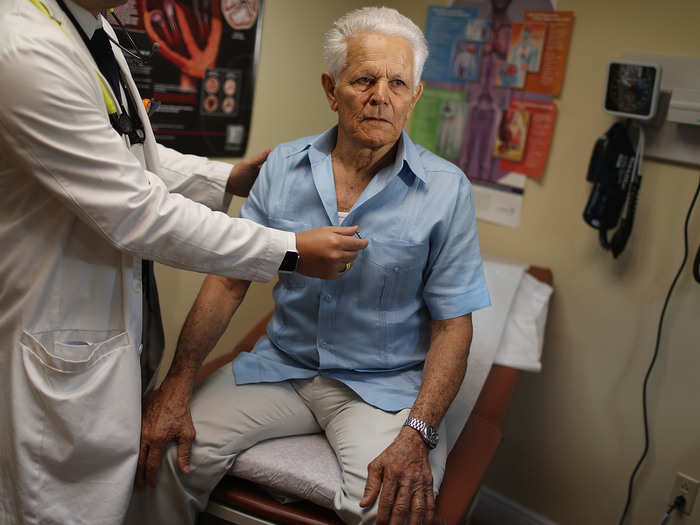
Medical devices are already big business in the healthcare industry. AI could make them even more valuable, potentially reducing overall spending and shifting what's being spent to other players.
Device makers have already created implants for epilepsy patients that have reduced the frequency of their seizures using AI, the Deloitte analysts noted. Similar devices could be on the horizon that could be used to detect or prevent other health complications.
Should they prove successful, such devices could reduce the number of emergency room visits, which could dramatically lower health care costs, the analysts said. That would be good for insurers, companies and patients, not to mention the device makers. But healthcare providers could take a big revenue hit.
Construction.
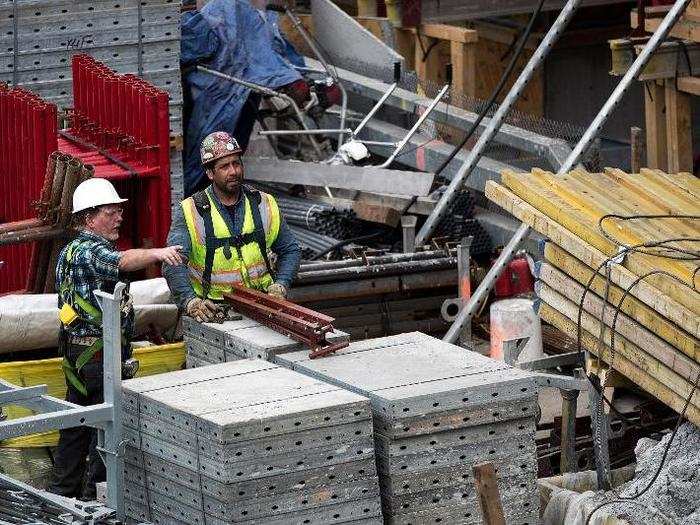
Drones, robots, and connected cameras with built-in AI could dramatically improve productivity and efficiency in construction, the Deloitte analysts wrote. Such devices could reduce the waste of materials, which costs companies some $160 billion, they said.
One example they cited was provided by Doxel, which offers robots that monitor progress at construction sites using AI. In one case, a project using Doxel's system saw a 38% increase in productivity and came in 11% under its budget.
But the Deloitte analysts noted that efficiency could come at a cost, particularly to materials providers, who could see reduced demand for their products.
Logistics and distribution.
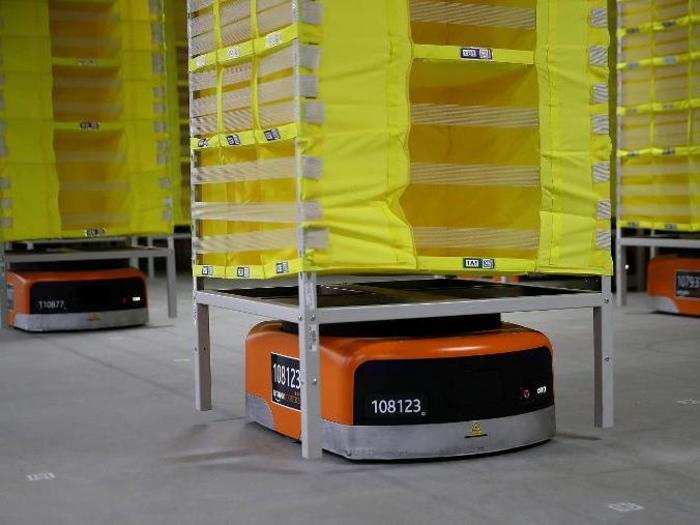
Amazon and other companies are already putting AI-empowered robots to work in their distribution centers. A system of such robots that could coordinate with each other on the fly could significantly increase efficiency and reduce the time it takes to pick, pack, and ship orders, the analysts wrote.
That could be a boon for nascent online businesses, such as online grocery shopping, they said. One of the big objections consumers have had to buying groceries over the internet is the time it takes to receive their orders, they noted.
Automotive and transportation.
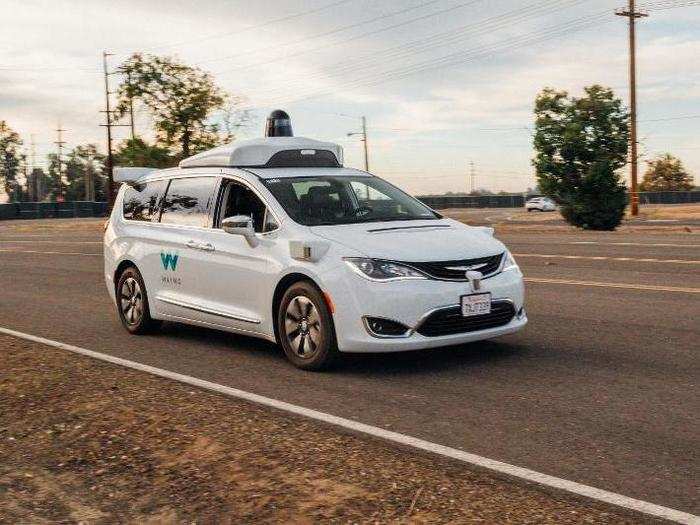
Autonomous vehicles are already on the road and many analysts expect them to be widely adopted over the next decade or so. They could dramatically upend how people get around — and all the industries that have thrived in the traditional car culture, the Deloitte analysts said.
If consumers, instead of owning cars outright, end up largely hiring self-driving cars on an as-needed basis or sharing them with other consumers on a large scale, it could massively reduce the demand for vehicles. That could hurt traditional car makers, while being a boon to new wave taxi services such as Uber, they said.
Similarly, if self-driving cars, because of such business models, are put to use throughout the day, it could eliminate the need for parking lots, the analysts said. And the related trend of electric cars could threaten the gas station business.
A change in car ownership and culture and a shift toward self-driving vehicles could also affect insurance providers that sell car insurance policies to individuals and logistics companies that provide long-haul trucking services.
Agriculture.
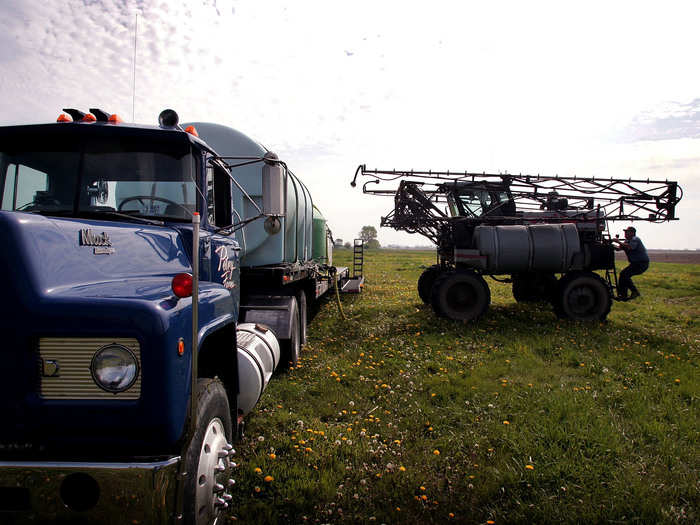
Robots are making their way into the fields as well. Automated machines that use computer vision to determine where exactly to spray herbicide or fertilizer can drastically reduce the amount that farmers apply, the Deloitte analysts wrote. Use of such machines can reduce farmers' related costs by as much as 90%, they said.
Such price savings could be terrific for farmers — but ominous for chemical companies. The fertilizer market is worth $150 billion globally and the herbicide market is worth another $28 billion, the analysts said.
Energy.

Windmills and wind farms could soon become much more efficient — and more cost competitive with other energy sources — thanks to AI. Smart wind turbines could soon be able to detect changing weather conditions with onboard sensors and make quick adjustments in their orientation to account for them, according to the Deloitte report. A system of networked smart windmills could allow a whole farm to adjust rapidly to changes.
Security.
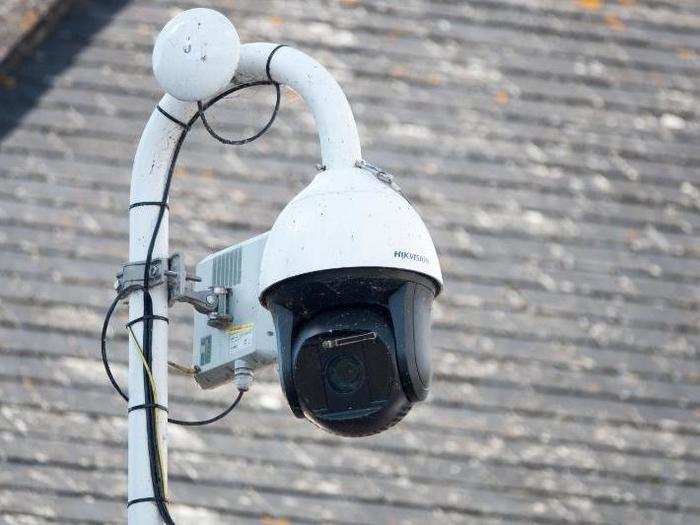
Security cameras embedded with AI technologies such as facial and image recognition could reshape the security industry — not to mention policing and other areas. Such cameras could potentially identify and alert law enforcement agencies to criminal suspects or activities.
Makers of such smart camera systems could displace traditional security camera vendors, the analysts wrote. They also could find uses at companies and organizations that haven't been able to afford to monitor security camera footage on their own.
Popular Right Now
Advertisement